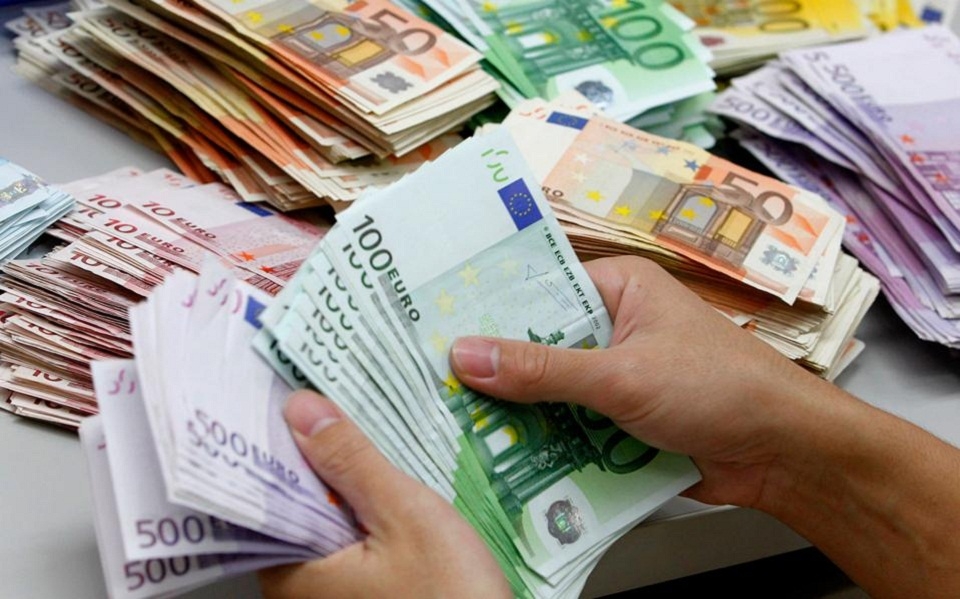According
to these data, in the first nine months of the year, only 3.5 billion
euros entered the country, compared to 16.1 billion euros in the
corresponding period of 2019. For September, the receipts are set at 825
million euros or 2.06 billion less.
In the January-September 2020 period, the current account showed a deficit of €8.6 billion, up by €8.5 billion year-on-year. This development is exclusively due to a decline in the services surplus, which was partly offset by a €3.3 billion drop in the balance of goods deficit, as well as an improvement in the primary and secondary income accounts.
The decrease in the deficit of the balance of goods is accounted for
by a larger decline in imports, in absolute terms, than in exports.
Specifically, total exports of goods fell by 13.1% at current prices,
but grew by 2.8% at constant prices. Total imports of goods decreased by
15.6% at current prices (-5.5% at constant prices). It should be noted
that the drop in exports and imports at current prices is largely due to
a decline in the value of oil exports and imports, respectively, as a
result of lower international oil prices.
The significant decrease in the services surplus is chiefly attributable
to a deterioration in the travel services balance, as well as the other
individual components. Travel receipts dropped by 78.2% and
non-residents’ arrivals by 77.2% year-on-year, while transport receipts
decreased by 16.2%.
Capital account
In September 2020, the deficit of the capital account widened
year-on-year. In the January-September 2020 period, the capital account
surplus registered a large increase of €1.1 billion year-on-year, owing
to a rise in EU capital transfers to the general government.
Combined current and capital account
In September 2020, the combined current and capital account
(corresponding to the economy’s external financing requirements) showed a
deficit of €587 million, against a surplus of €867 million
year-on-year. In the January-September 2020 period, the combined current
and capital account recorded a deficit of €7.3 billion, against a
surplus of €124 million year-on-year.
Financial account
In September 2020, under direct investment, residents' external assets
rose by €54 million. Residents’ external liabilities grew by €166
million.
Under portfolio investment, an increase in residents’ external assets is
mainly due to a rise of €568 million in residents’ holdings of foreign
bonds and Treasury bills. An increase in their liabilities is mainly due
to a rise of €1.3 billion in non-residents’ holdings of Greek
government bonds and Treasury bills.
Under other investment, an increase in residents' external assets mainly
reflects a rise of €1.1 billion in residents' deposit and repo holdings
abroad. An increase in residents’ external liabilities mostly reflects a
rise of €1.3 billion in non-residents’ deposit and repo holdings in
Greece (the TARGET account included).
In the January-September 2020 period, under direct investment,
residents’ external assets rose by €495 million and residents’ external
liabilities, which represent non-residents’ direct investment in Greece,
increased by €2.4 billion.
Under portfolio investment, a net rise in residents’ external assets is
due to an increase of €33 billion in residents’ holdings of foreign
bonds and Treasury bills. A net decline in residents' external
liabilities is mainly due to a decrease of €8.2 billion in
non-residents’ holdings of Greek government bonds and Treasury bills.1
Under other investment, a net rise in residents' external assets
reflects mainly an increase (by €2.5 billion) in the statistical
adjustment associated with the issuance of banknotes. A net rise in
residents’ liabilities reflects chiefly an increase of €41.9 billion in
non-residents’ deposit and repo holdings in Greece (the TARGET account
included), as well as a €6.2 billion rise in the outstanding debt to
non-residents.
At end-September 2020, Greece's reserve assets stood at €9.6 billion,
compared with €7.5 billion at end-September 2019, mainly on account of
valuation changes, which is partially linked to the appreciation of the
euro.















